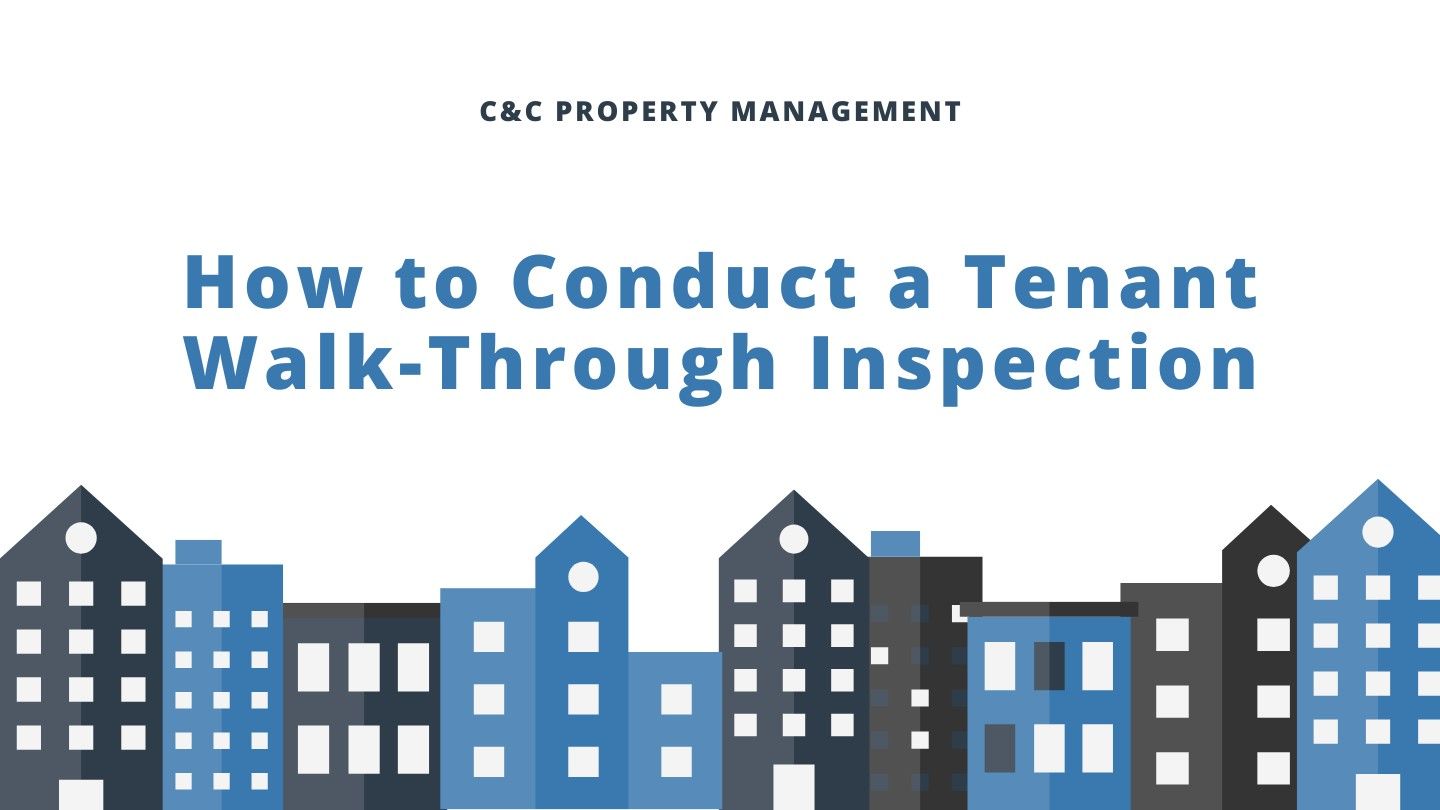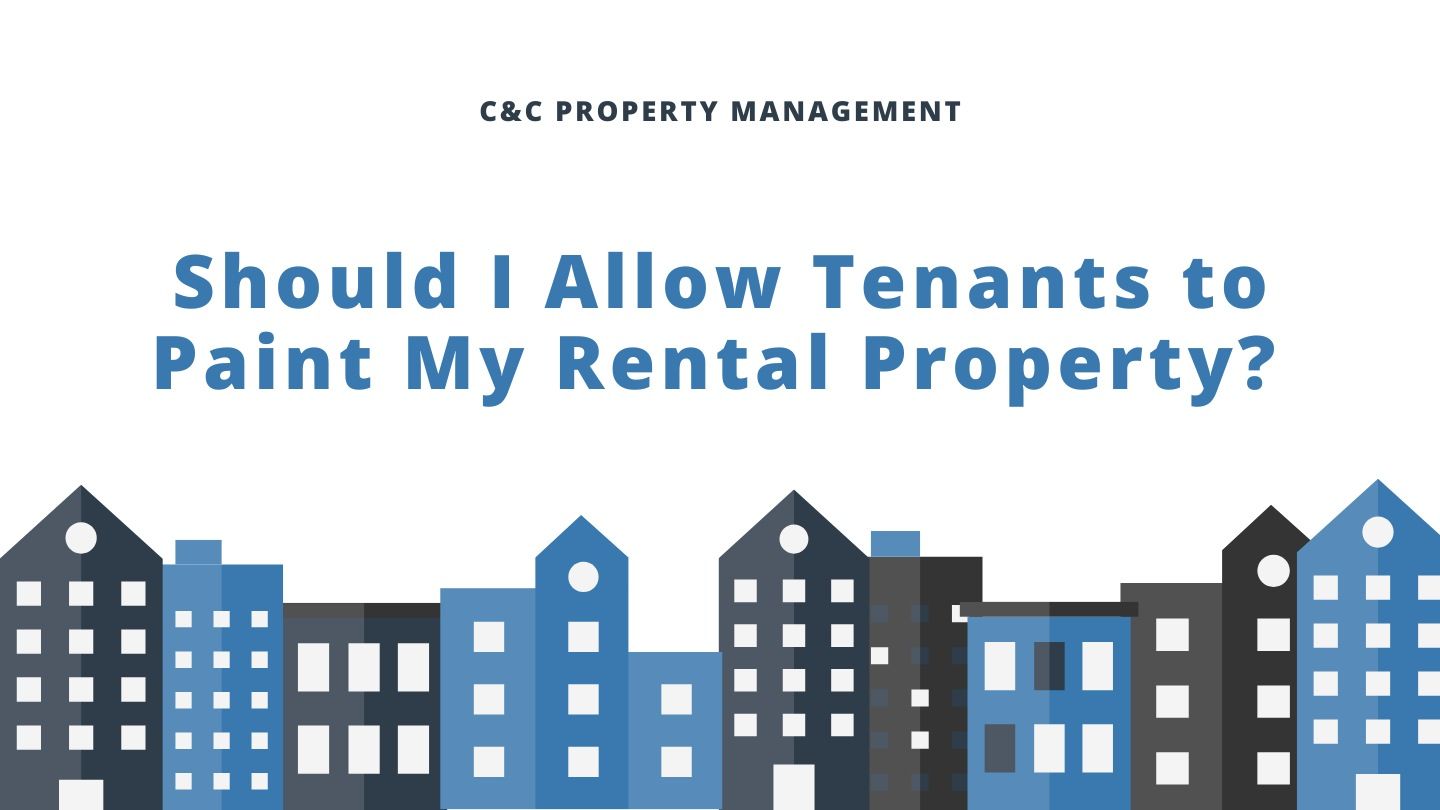The Benefits of Renting to Tenants With Pets
Renting to tenants with pets can significantly enhance the attractiveness of your rental property. Many renters are pet owners who face challenges finding suitable housing for their furry friends.
By offering a pet-friendly option, landlords can tap into this large and motivated market, which can lead to increased demand and potentially higher rental income. Accommodating pets can also reduce vacancy rates, as pet owners are often looking for long-term rentals where their pets are welcomed.
However, allowing pets does come with some considerations. While there are benefits, such as increased tenant retention and property appeal, there are also risks, including potential property damage and noise complaints.
It is important to manage these risks effectively and ensure compliance with Fair Housing Laws to avoid legal issues. This article will outline the advantages of renting to tenants with pets, the associated risks, and the necessary steps to remain compliant with relevant regulations.
We’ve created this article at C&C Property Management to help landlords understand the full scope of renting to tenants with pets and provide guidance on managing pet-friendly properties.
Potential Upsides
Increased Rental Income
By offering a pet-friendly option, you can attract a larger pool of potential tenants, leading to higher demand for your property. This increased interest provides an opportunity to set higher rental rates or charge a pet fee, which can enhance your overall rental income.

Improved Tenant Retention
Pet owners often prefer long-term rentals where they do not have to repeatedly search for new pet-friendly housing. Lower tenant turnover means fewer vacancies and reduced costs associated with advertising, screening new tenants, and preparing the property for new occupants.
Enhanced Property Appeal
In a competitive rental market, having a pet-friendly property can give your listing a unique edge. Pet owners frequently find it challenging to locate rental options that accept animals, so your property becomes a desirable choice in a niche market.
This distinct advantage can make your property stand out, attract more interest, and fill vacancies faster than non-pet-friendly alternatives.
Responsible Tenants
Pet owners often demonstrate a high level of responsibility and commitment, both to their pets and their living environment. Many pet owners invest in proper training and care for their animals, which can lead to better behavior and fewer issues related to pets.
Additionally, tenants who are dedicated to their pets may also show a greater sense of responsibility in maintaining the rental property. Their commitment to keeping their pets happy and healthy often extends to caring for their living space, which can result in fewer maintenance problems and a well-maintained property.
Challenges to Consider
Potential Property Damage
Pets can sometimes cause damage, such as scratches on floors, stains on carpets, or chewed furniture. To mitigate this risk, landlords can require a pet deposit or additional insurance to cover potential damages.

Noise Complaints
Pets, especially dogs, can sometimes be noisy. This noise may result in complaints from nearby residents. Landlords should include clauses in the lease agreement that address noise issues and require tenants to manage their pets' behavior.
Increased Wear and Tear
Pets can contribute to increased wear and tear on a property, leading to more frequent maintenance and repairs. Regular inspections and clear pet policies can help manage this risk.
Insurance Considerations
Some insurance policies may have exclusions or higher premiums for pet-friendly properties. Landlords should review their insurance coverage to ensure it adequately covers pet-related risks.
Legal Responsibilities
Accommodating Service and Emotional Support Animals
Under the Fair Housing Act, landlords must make reasonable accommodations for tenants with disabilities who require service animals or emotional support animals (ESAs). This means landlords can’t deny housing to these tenants based on their need for such animals.
Clear Pet Policy Guidelines
When establishing a pet policy, landlords should ensure it is clear, consistent, and applied equally to all tenants. The policy should outline any fees, deposits, or restrictions related to pets to avoid potential discrimination claims.
Landlords should avoid discriminating against tenants based on the breed, size, or type of their pets unless there is a direct threat to property or safety. Policies should focus on managing behavior and not on specific characteristics of pets.
How a Property Manager Can Help Manage Pet-Friendly Rentals
A property manager plays a crucial role in effectively managing rental properties that allow pets. One of the primary duties of a property manager is to establish and enforce clear pet policies.

They help landlords craft comprehensive pet agreements that outline the types of pets allowed, any restrictions, and the associated fees or deposits. This clarity helps prevent misunderstandings and ensures that tenants are aware of their responsibilities regarding pet care and property maintenance.
Property managers are also instrumental in screening tenants and their pets. They conduct thorough background checks to assess the suitability of potential renters and their pets, checking for any history of property damage or behavioral issues.
This preemptive step helps reduce the risk of problems arising during the tenancy. Additionally, property managers handle lease agreements, ensuring that pet policies are legally sound and compliant with Fair Housing Laws.
For landlords looking to incorporate pets into their rental offerings, partnering with a skilled property manager can make a significant difference in achieving successful outcomes.
Bottom Line
Renting to tenants with pets can provide several advantages, including increased rental income and improved tenant retention. However, landlords should be aware of potential risks such as property damage and noise complaints.
It is also essential to remain compliant with Fair Housing Laws to ensure that tenants with service or emotional support animals are treated fairly.
C&C Property Management can assist landlords in managing properties with pet-friendly policies. We can help create clear pet policies, screen tenants effectively, and ensure compliance with legal requirements.
If you are a landlord considering renting to tenants with pets,
contact C&C Property Management to learn how we can support you in making the process smooth and successful.








